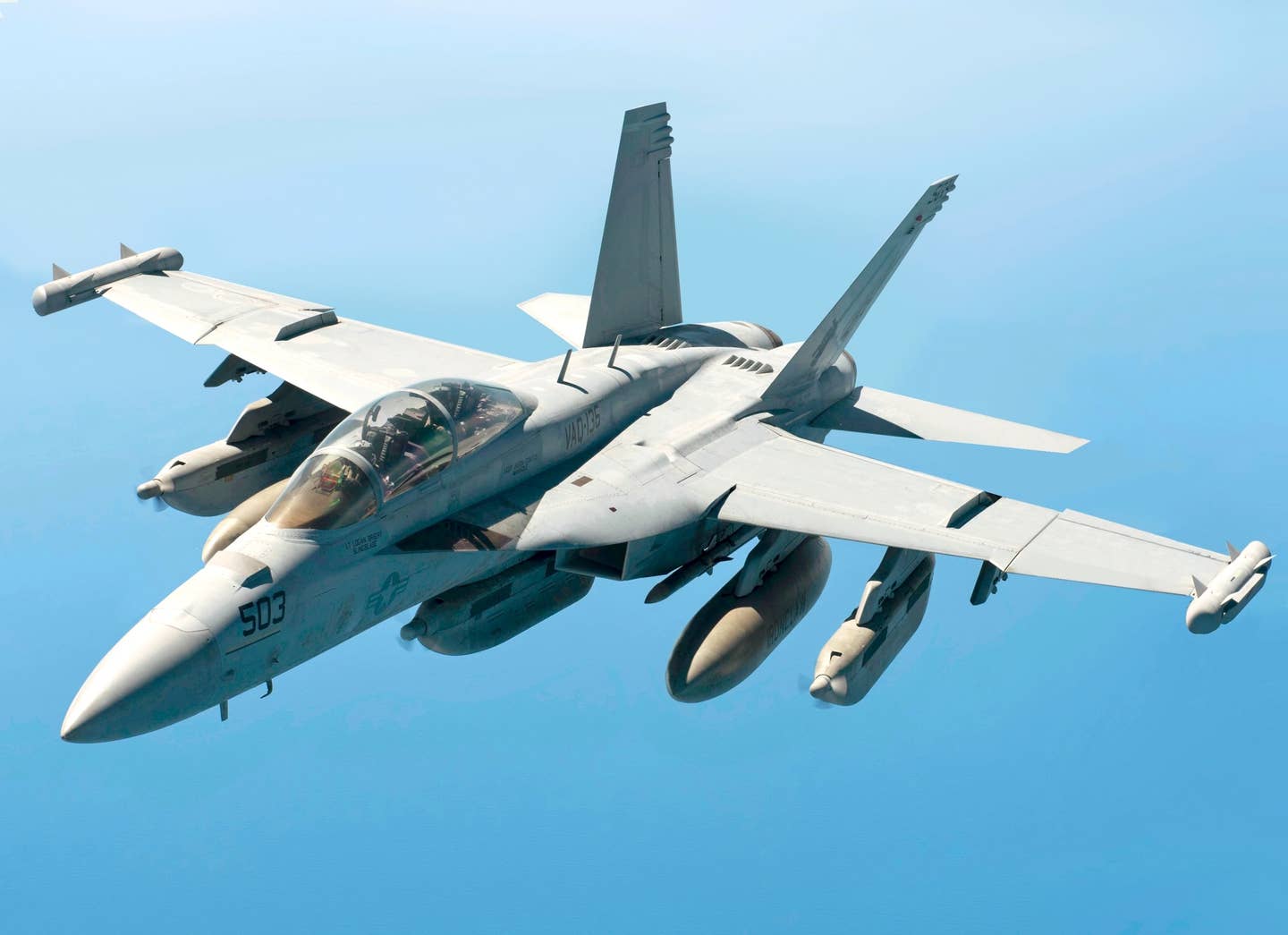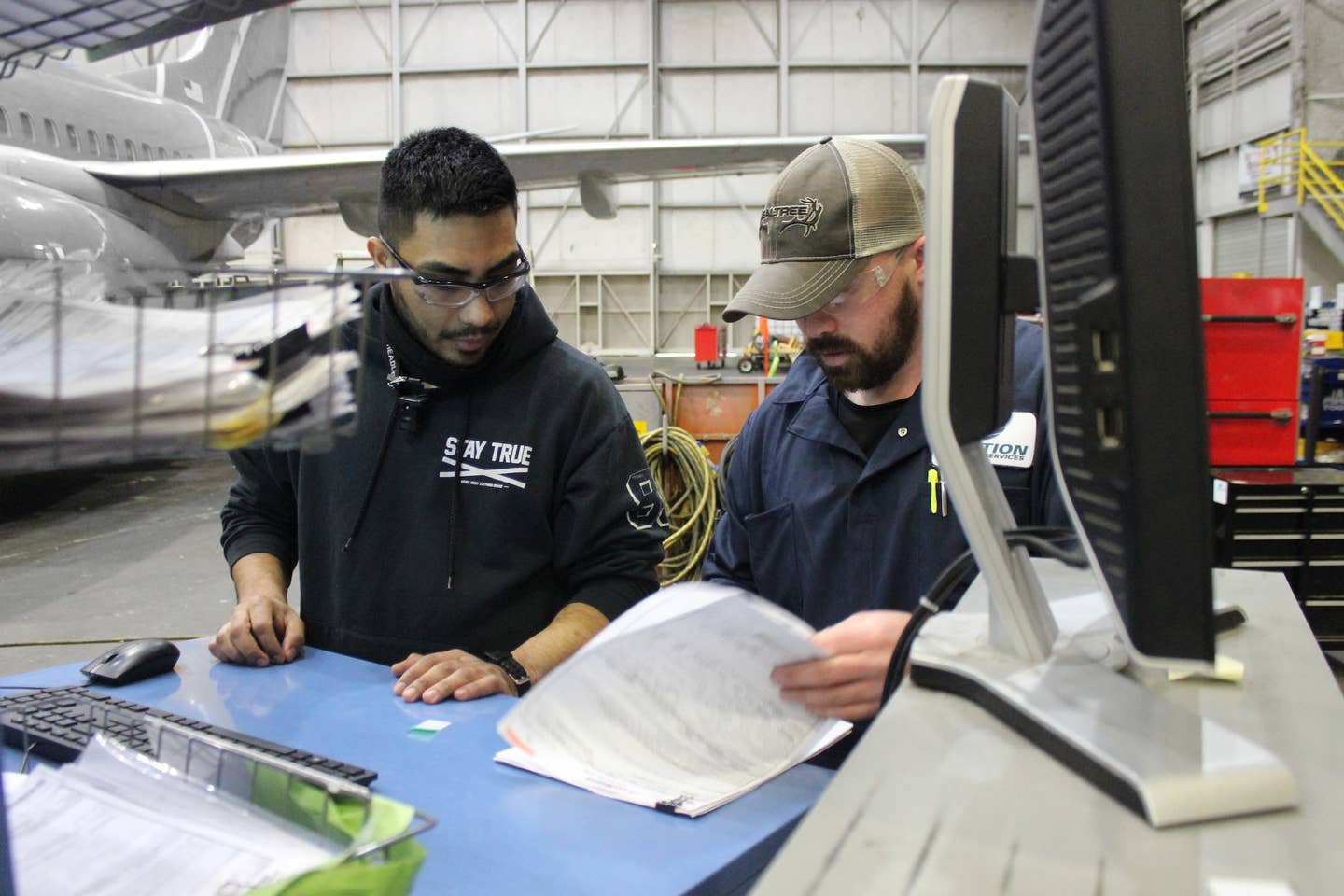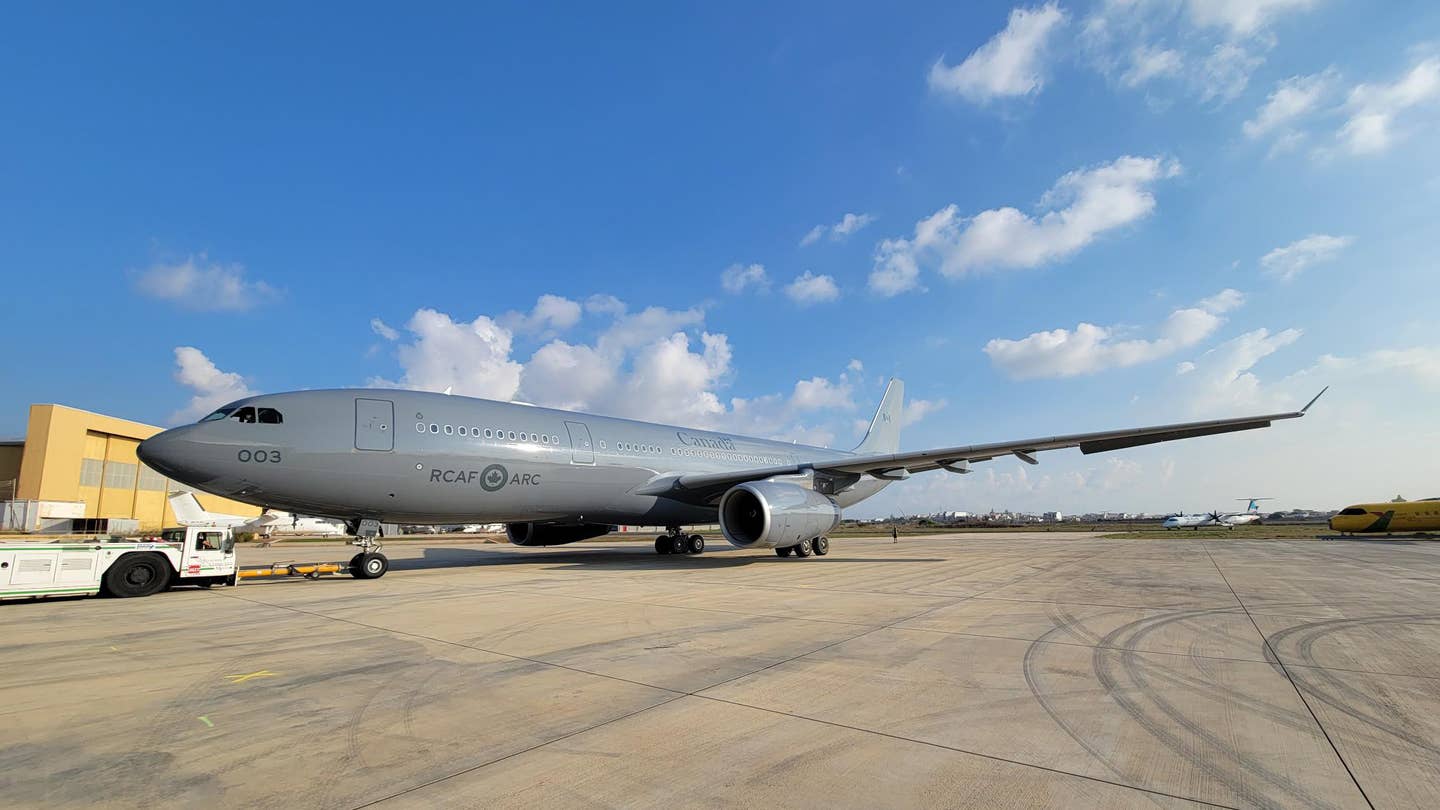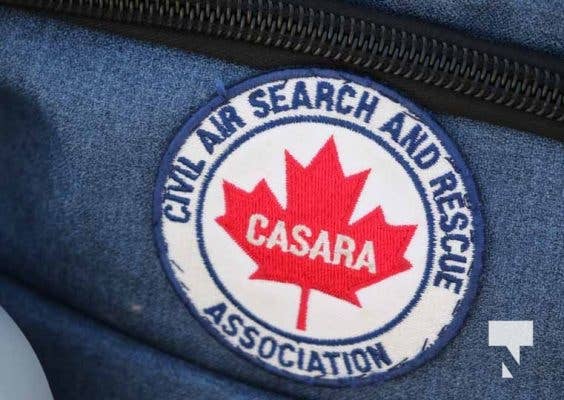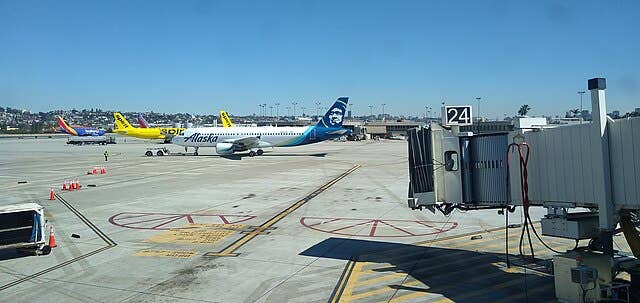FAA Getting Ready To Regulate Space Tourism Safety
Although the FAA may seem to be all over commercial space regulation, it’s about to fill a big gap that Congress mandated almost 20 years ago. SpaceRef is reporting the…

Although the FAA may seem to be all over commercial space regulation, it's about to fill a big gap that Congress mandated almost 20 years ago. SpaceRef is reporting the agency has struck the Human Space Flight Occupant Safety Rulemaking Committee for the Commercial Transportation Industry and it would appear the length of the name and the size of the committee (25 members) is a hint of what's to come.
Its mandate seems to be nothing less than creating a FARs-type regulatory environment to govern the safety of space tourists and those operating their spacecraft, and the committee is the first step. "This Aerospace Rulemaking Committee (commonly referred to as a SpARC) purposefully engages the commercial space industry to provide consensus information, concerns, opinions, and recommendations to the Department of Transportation," the FAA said in its announcement.
When commercial space ventures, particularly those with a space tourism emphasis, started to launch just after the turn of the century, they complained bitterly that the FAA was regulating them to death. They caught the ear of Congress with the pitch that nothing was ever going to get done unless they had a relaxed regulatory environment that would allow them to figure out the big problems.
The result was a law that effectively ordered the FAA to back off on regulating the safety of spacecraft occupants unless there is a death, serious injury or close call. The only current regulations on occupant safety require the crew and passengers to be made aware of the risks and to sign a waiver specifying their informed consent. The regulatory holiday has already been extended once to the end of 2023 and now the agency is getting ready to set the safety standards it wants to protect crew and passengers.
The committee that will make recommendations to the FAA on the new regs is made up of high-level bureaucrats from a variety of relevant government departments, academics, space company executives, representatives of industry groups and medical experts. There is also one unaffiliated individual on the 25-member committee. Mike Ryschkewitsch is the former chief engineer for NASA but he represents himself on the committee.

